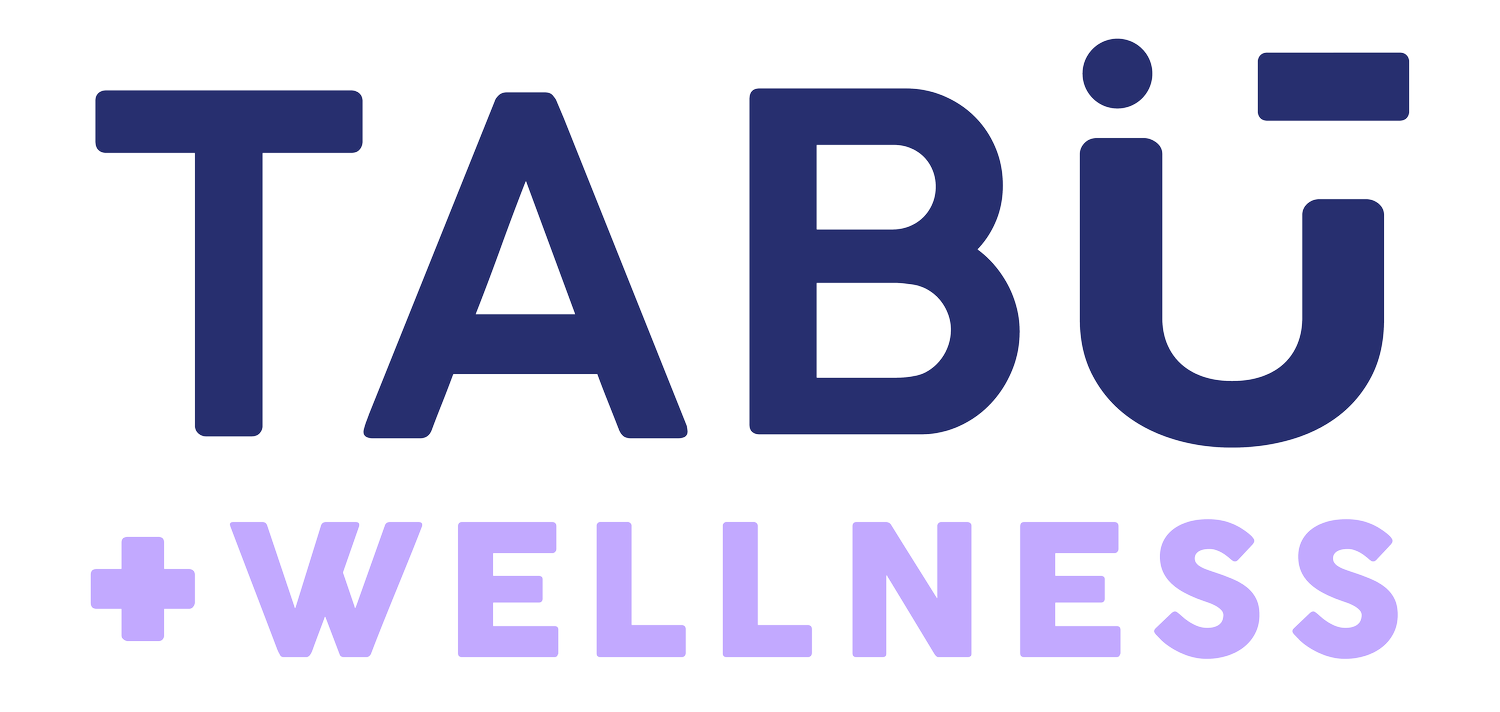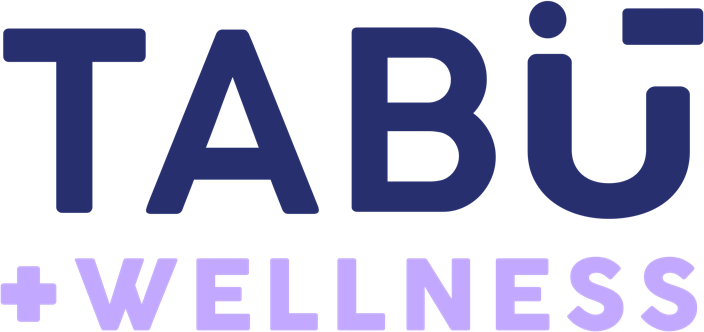What are quarterly taxes?
Oof. Who wants to talk about taxes? (no one) But here’s what you need to know to stay on top of your business throughout the year so when tax season rolls around your cortisol levels don’t soar through the roof.
Quarterly Taxes 101
Quarterly taxes are a system of paying taxes on income throughout the year, rather than waiting until the end of the year to settle the tax liability. In many countries, including the United States, individuals and businesses are required to make estimated tax payments on a quarterly basis.
Here's a general overview of quarterly taxes in the United States:
Who needs to pay
If you receive income that is not subject to tax withholding, such as self-employment income, rental income, or investment income, you may be required to pay quarterly taxes. This applies to both individuals and businesses.
Estimated tax payments
Quarterly taxes are paid through estimated tax payments, which are calculated based on your expected income for the year. You estimate the amount of tax you will owe and make equal payments in four installments throughout the year.
Due dates
The due dates for quarterly tax payments in the United States are typically April 15, June 15, September 15, and January 15 of the following year. However, if the due date falls on a weekend or holiday, it is moved to the next business day.
Calculating the amount
To calculate your estimated tax payments, you generally have two options:
a. Form 1040-ES: You can use Form 1040-ES, which is provided by the Internal Revenue Service (IRS), to estimate your tax liability and determine the amount to pay each quarter.
b. Safe harbor rule: Another option is to use the safe harbor rule. If you pay at least 100% of your previous year's tax liability (110% if your adjusted gross income exceeds a certain threshold), you will generally not be subject to penalties, even if your actual tax liability turns out to be higher.
Penalties: Failure to pay quarterly taxes or underpaying the required amount may result in penalties and interest charges from the IRS.
It's important to note that the specific rules and regulations regarding quarterly taxes can vary between countries and jurisdictions. It is advisable to consult with a tax professional or refer to the relevant tax authority in your country for accurate and up-to-date information.
Why are quarterly taxes important for private practice therapists and wellness business owners?
Unless you’re an accountant (and even then), you probably can’t stand even thinking about taxes. However, the more intimate you are with your numbers….the more empowered you will feel as you scale your business. Quarterly taxes are important for private practice owners for several reasons:
1. Compliance with tax obligations
Private practice owners, like any other self-employed individuals, have a legal responsibility to pay taxes on their income. Quarterly taxes help ensure compliance with tax laws by allowing private practice owners to meet their tax obligations throughout the year, rather than waiting until the end of the year to settle their tax liability.
2. Avoiding penalties and interest.
If a private practice owner fails to pay the required amount of taxes or underpays their tax liability, they may be subject to penalties and interest charges from the tax authorities. By making timely and accurate quarterly tax payments, private practice owners can minimize the risk of incurring such penalties and additional costs.
3. Managing cash flow.
Running a private practice involves various expenses and financial responsibilities. By making quarterly tax payments, practice owners can plan and manage their cash flow more effectively. They can set aside a portion of their income each quarter to cover their tax obligations, helping them avoid cash flow issues and potential financial strain when the tax payment deadline arrives.
4. Accurate estimation of tax liability.
Quarterly tax payments require private practice owners to estimate their tax liability for the year. This process encourages them to review their income, deductions, and other tax-related factors regularly. By estimating their tax liability throughout the year, practice owners can have a better understanding of their financial situation, make informed decisions, and potentially adjust their financial strategies to optimize their tax position.
5. Avoiding a large tax burden at year-end.
By making quarterly tax payments, private practice owners spread their tax liability over the course of the year. This approach helps prevent a large tax burden from accumulating at the end of the year, which can be financially challenging and potentially lead to cash flow problems or difficulty in meeting tax obligations.
Overall, paying quarterly taxes is an essential aspect of responsible financial management for private practice and wellness business owners. It allows you to fulfill their tax obligations, stay compliant with tax laws, manage their cash flow effectively, and avoid penalties and interest charges associated with underpayment or late payment of taxes.
This article was written with help from ChatGPT and reviewed by a professional CPA.
Ready to level up your business?
Create your free Tabu Wellness profile today! A beautiful landing page for all your digital content and services.



